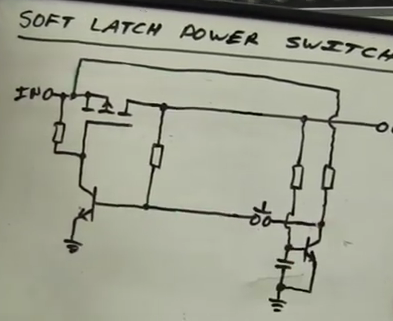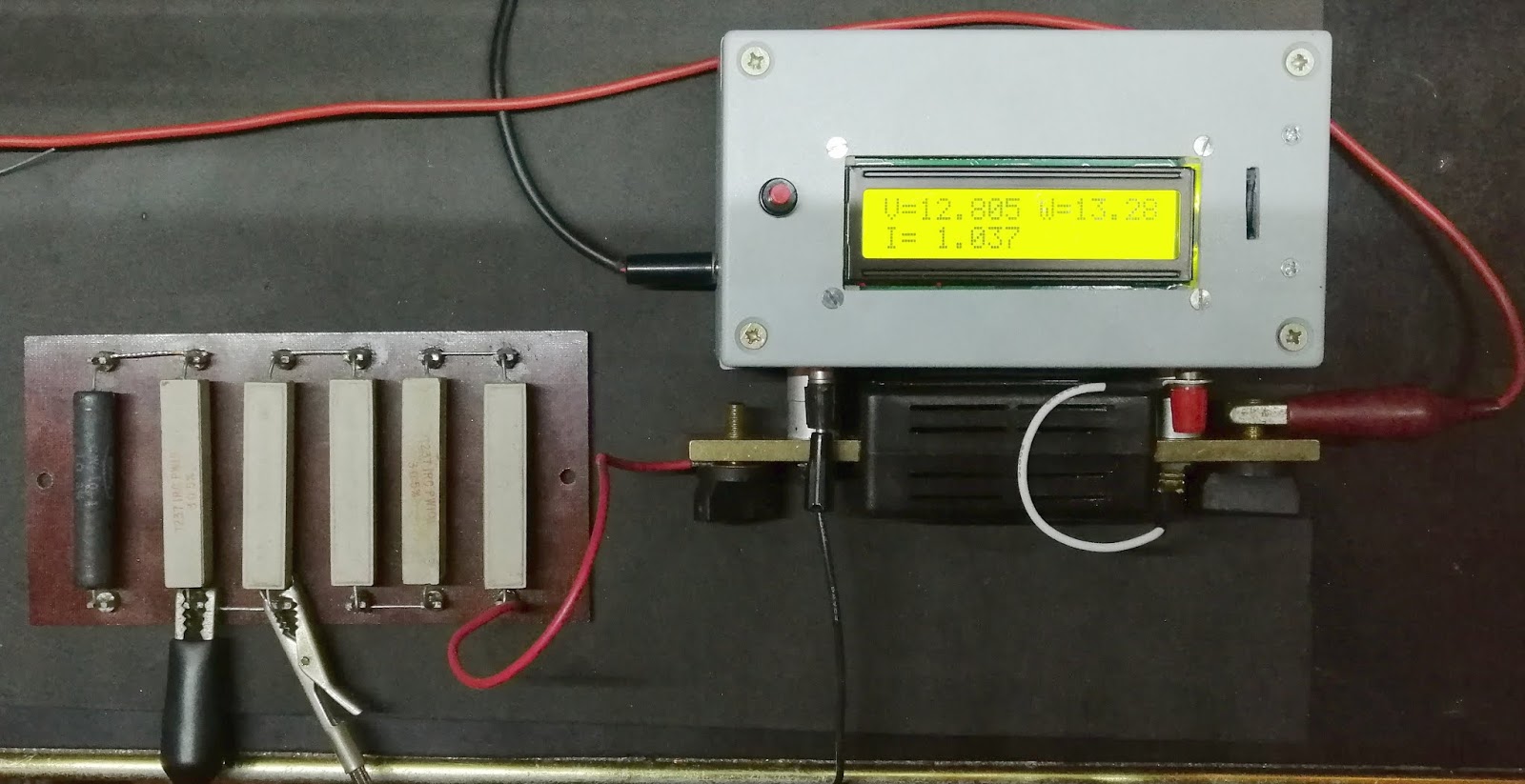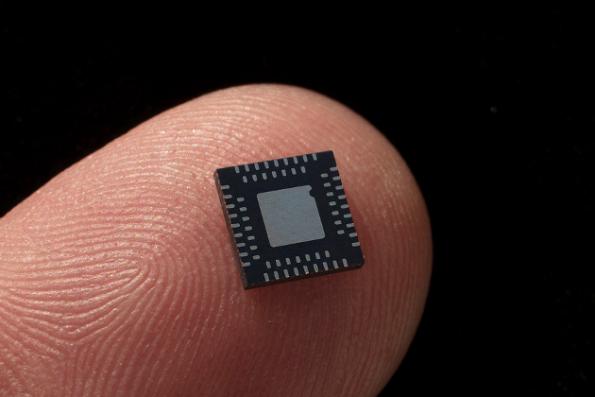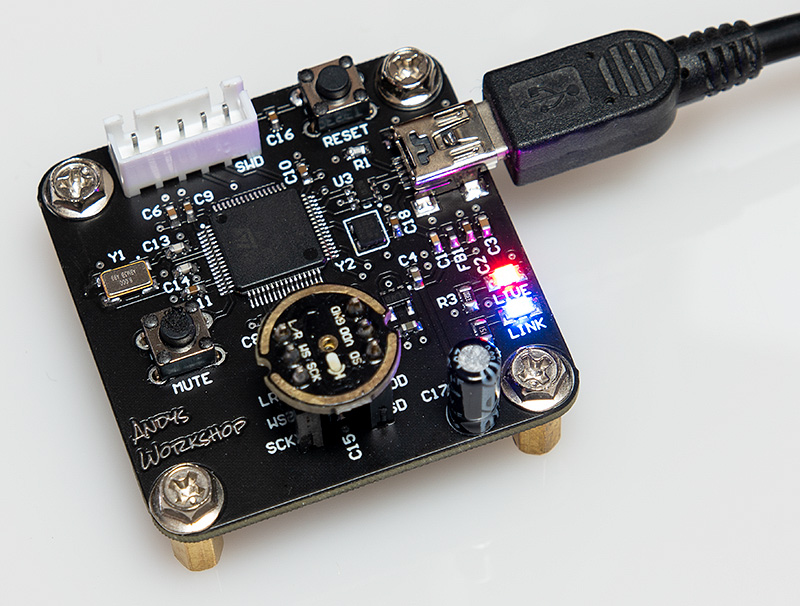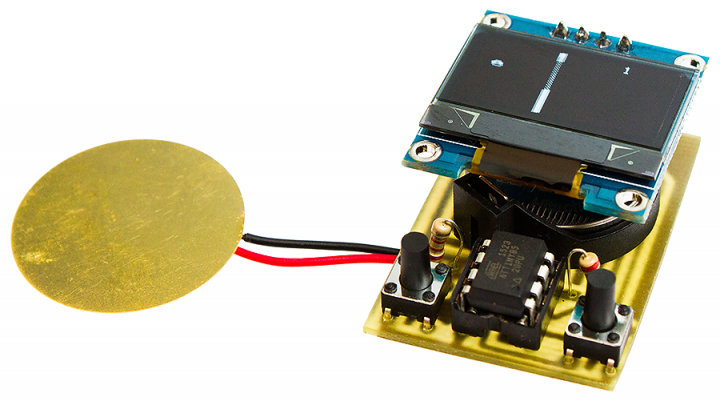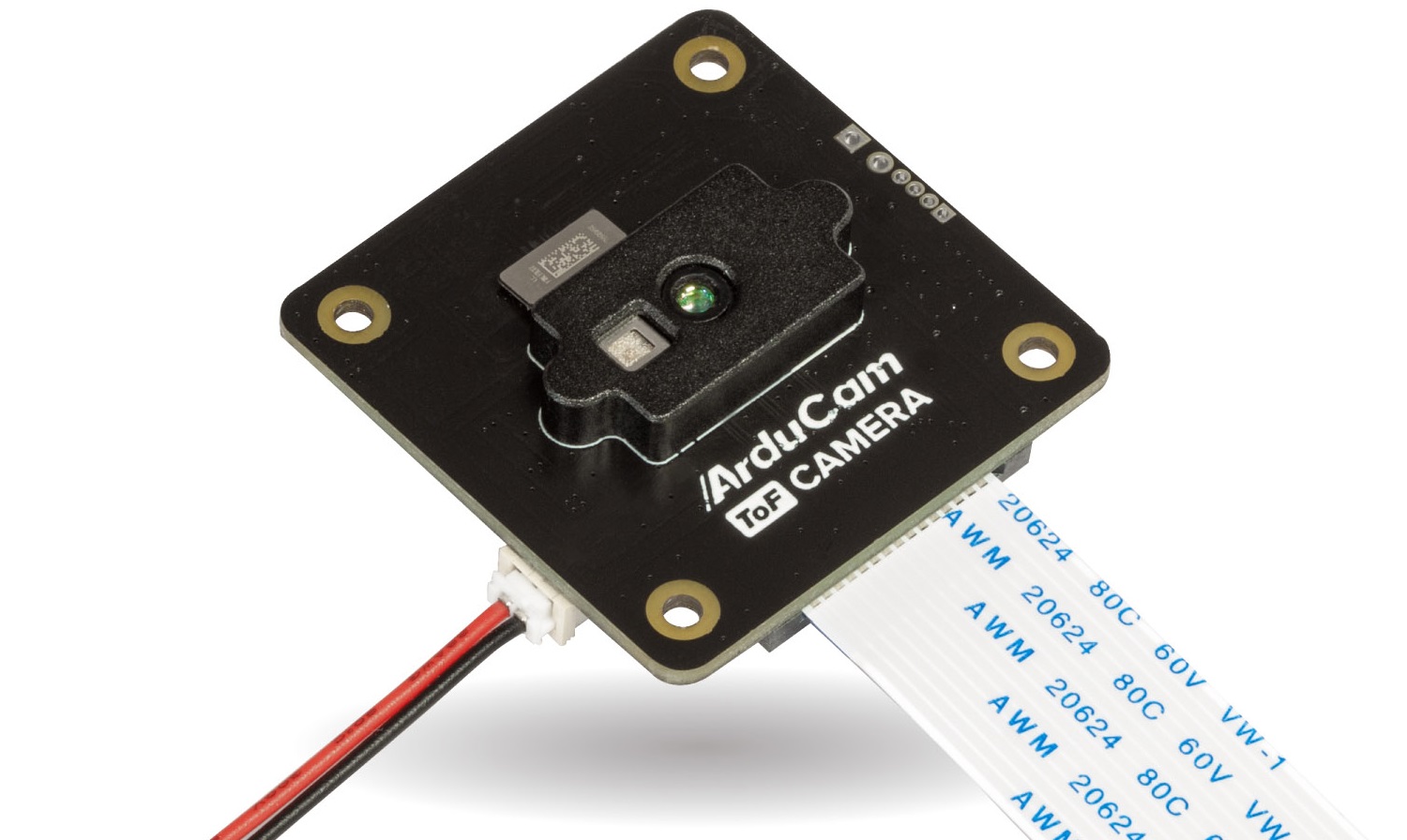
ArduCam is back with yet another camera module for Raspberry Pi with an active Time-of-Flight (ToF) sensor for an enhanced 3D Imaging experience. ArduCam’s new ToF camera for Raspberry Pi is now open for crowdfunding on Kickstart with a discounted price of $29.99, and a planned retail price of $50.
The ToF camera module uses a Vertical-Cavity Surface-Emitting Laser (VCSEL) operating at 940nm wavelength. The wavelength being greater than the visible spectrum wavelength, the camera module is prone to interference due to ambient light. Thus, making it suitable for indoor as well as outdoor applications.
The VCSEL, combined with a 240×180-resolution image sensor, offers a frame rate of 30fps on the Raspberry Pi. The camera module has a diagonal field of view (FOV) of 70°, and can capture depth data up to 2m in “near mode” and 4m in “far mode.” The camera module achieves this by changing the modulation frequency to either 75MHz or 37.5MHz.
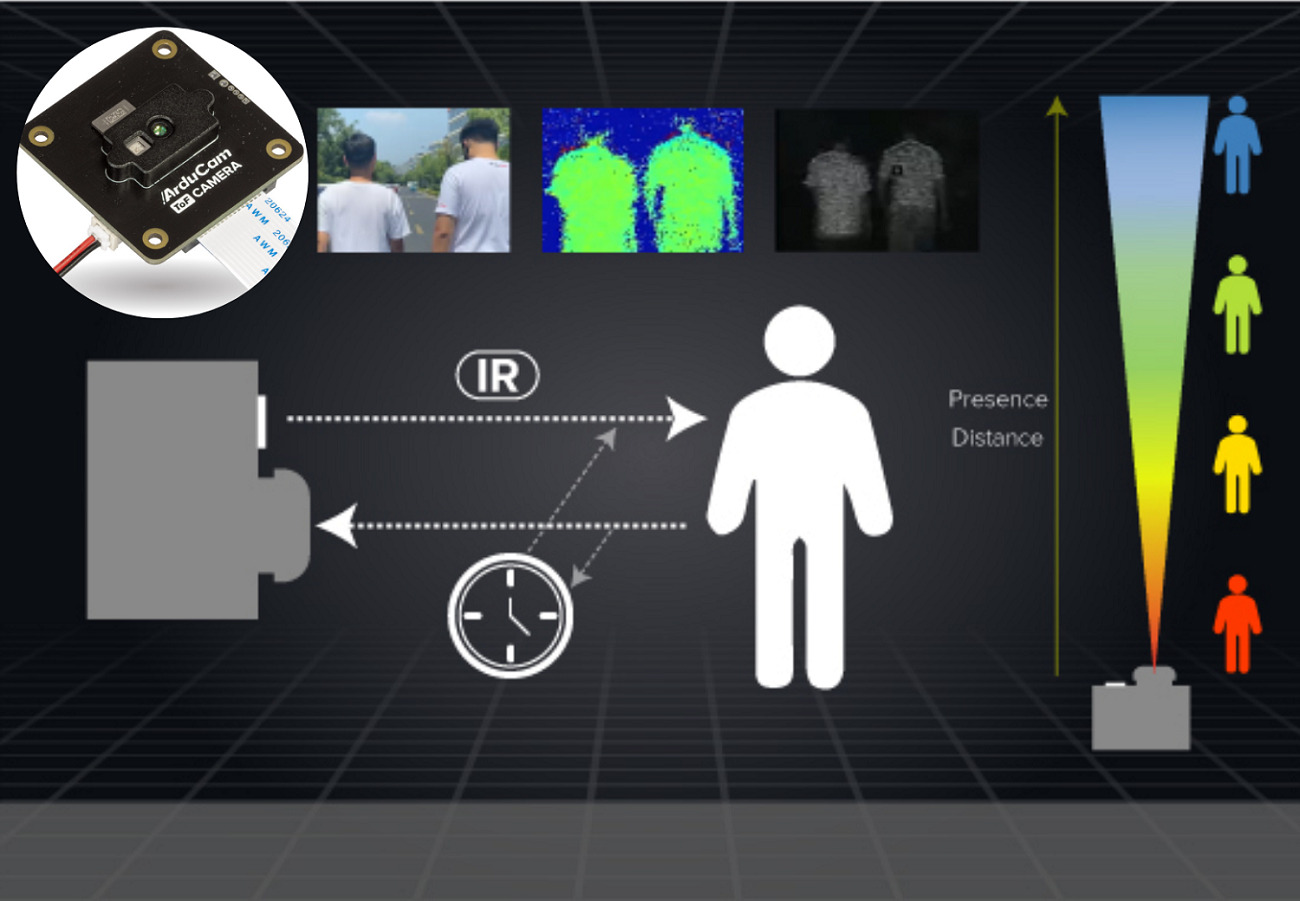
The board comes in a small form factor of 38mm x 38mm and low power consumption of 3.5W. Due to its low power requirements, the camera module can be powered through the 5V GPIO supply of the Raspberry Pi as well.
The ToF camera module can be easily interfaced with Raspberry Pi through the MIPI Camera Serial Interface (CSI) port. The Bullseye (32/64 bits) Raspberry Pi OS or any later releases support the integration of the camera module. The camera can be used with a wide range of machine vision libraries (like OpenCV, TensorFlow, etc.) as it can function as a standard V4L2 device as well, with support to C, C++, and Python.
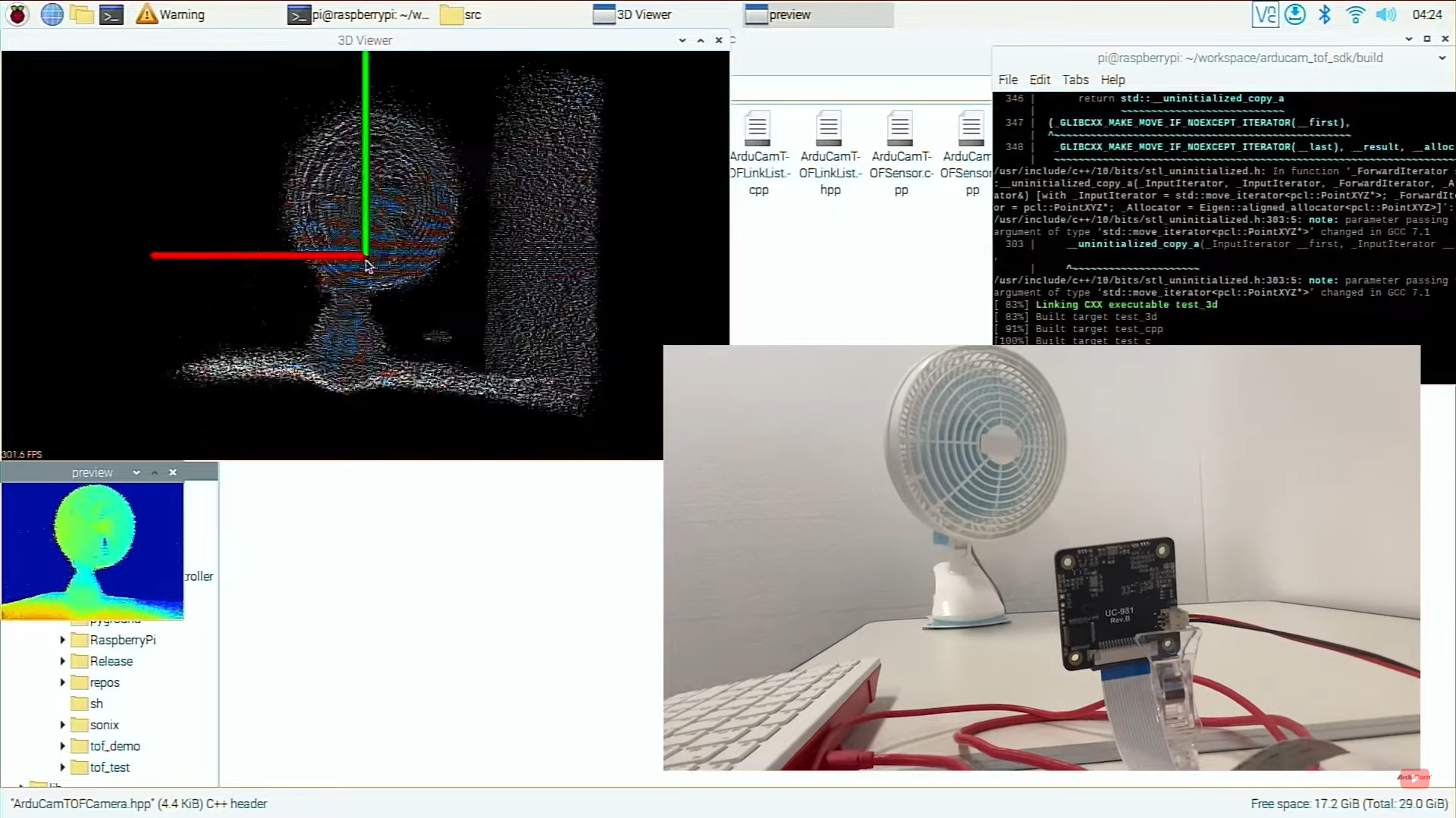
Enhancing 3D Imaging with the ArduCam ToF Camera Module
The ToF camera module has numerous use cases including point cloud mapping, 3D photogrammetric, 3D depth analysis, and a lot more. ArduCam is trying to make the board suitable for Nvidia’s Jetson Nano/NX as well. With its low cost, low power requirements, and easy connectivity, the ToF camera module is ideal for various applications in a wide range of sectors including healthcare, surveillance, and robotics. You can support by funding on Kickstarter or apply for a free sample on ArduCam’s website.





